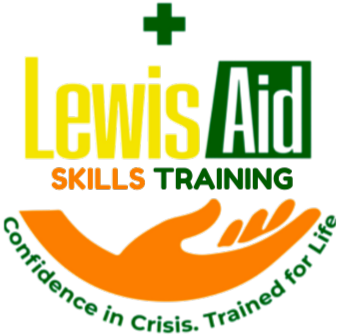Why Mental Health Support Matters
Mental health conditions such as depression, anxiety, panic attacks, or psychosis can strike anyone, often without warning. Stressful life events, trauma, or even physical illnesses can trigger these conditions. When someone experiences a mental health crisis—like suicidal thoughts or a severe panic attack—your support in those critical moments could make a profound difference.
Understanding mental health also means acknowledging how these conditions may impact a person’s ability to communicate, make decisions, or function in daily life. Being aware and prepared to offer first aid can help reduce stigma and encourage individuals to seek the professional help they may need.
Mental Health Awareness: Recognising and Responding with Compassion
Imagine you're at work or out with friends and someone starts acting unusually withdrawn, irritable, or overwhelmed. Would you know what to do or say? Mental health concerns affect nearly half of all Australians at some point in their lives, yet many people still hesitate to respond or don’t know how to help. Mental health awareness isn't just about recognising when someone is struggling—it’s about knowing how to respond in a calm, supportive, and non-judgemental way.
Recognising Signs and Symptoms
Mental health concerns can present in many different ways, including:
Emotional changes: sadness, irritability, anxiety, or extreme mood swings.
Behavioural shifts: withdrawal from friends or usual activities, changes in sleep or appetite, neglect of responsibilities.
Cognitive effects: difficulty concentrating, racing thoughts, or delusional thinking.
Physical symptoms: unexplained aches, fatigue, or restlessness.
Risk signs: talking about hopelessness, self-harm, or suicide.
Always take any talk or signs of self-harm seriously.
Mental Health Support – What You Can Do
The principles of mental health first aid are similar to physical first aid: preserve life, prevent the situation from worsening, and promote recovery. Here are the steps to take:
Approach, assess, and assist with any crisis.
Ensure your own safety first.
If there is a risk of harm (to the individual or others), call 000.
Listen non-judgementally.
Provide a safe space for the person to talk openly without fear of judgement.
Give support and information.
Encourage the person and validate their feelings. Avoid giving unsolicited advice or minimising their experience.
Encourage professional help.
Suggest seeing a GP, psychologist, or counsellor.
Encourage other supports.
This may include friends, family, or support groups.
In a workplace or community setting, your calm presence can offer reassurance, helping someone feel seen and supported during a difficult time.
Build Your Confidence with Training
Learning how to respond to mental health emergencies, from anxiety attacks to suicidal ideation, can be lifesaving. Like any first aid skill, mental health support improves with training.
Take the next step to become better prepared. Find a course with Lewis Aid at www.lewisaid.com.au or www.findtraining.com.au. You’ll gain not only the skills to respond effectively, but also the confidence to help when it matters most.
At Lewis Aid, our goal is to make these knowledge accessible to everyone. We are committed to providing high-quality training that is easy to understand, practical, and designed for real-life scenarios. Our courses are suitable for individuals, workplaces, and families, ensuring that no one is left unprepared.
